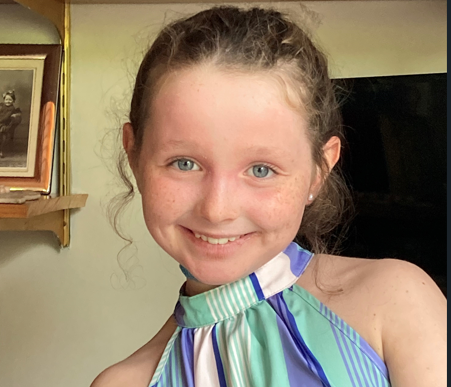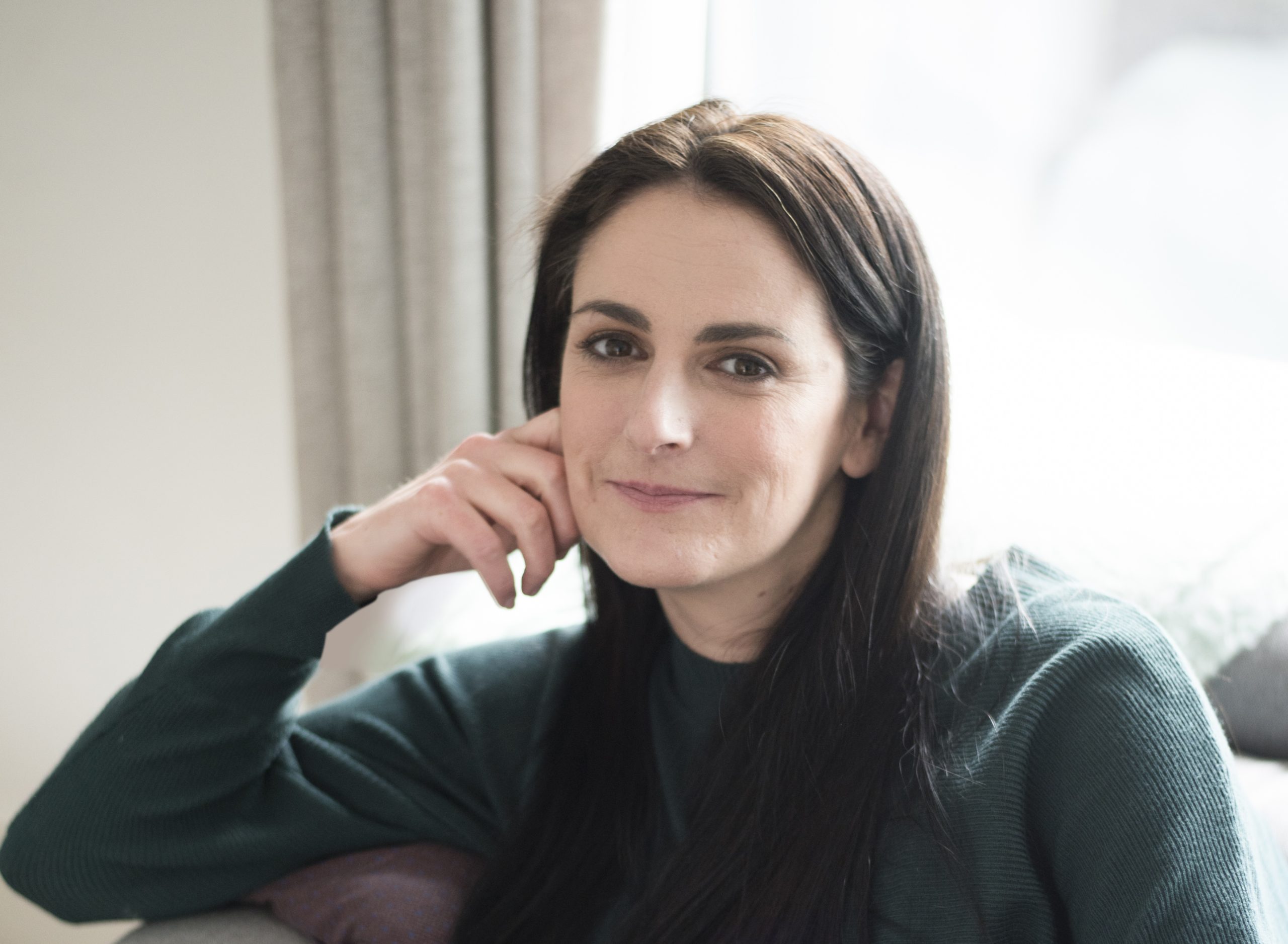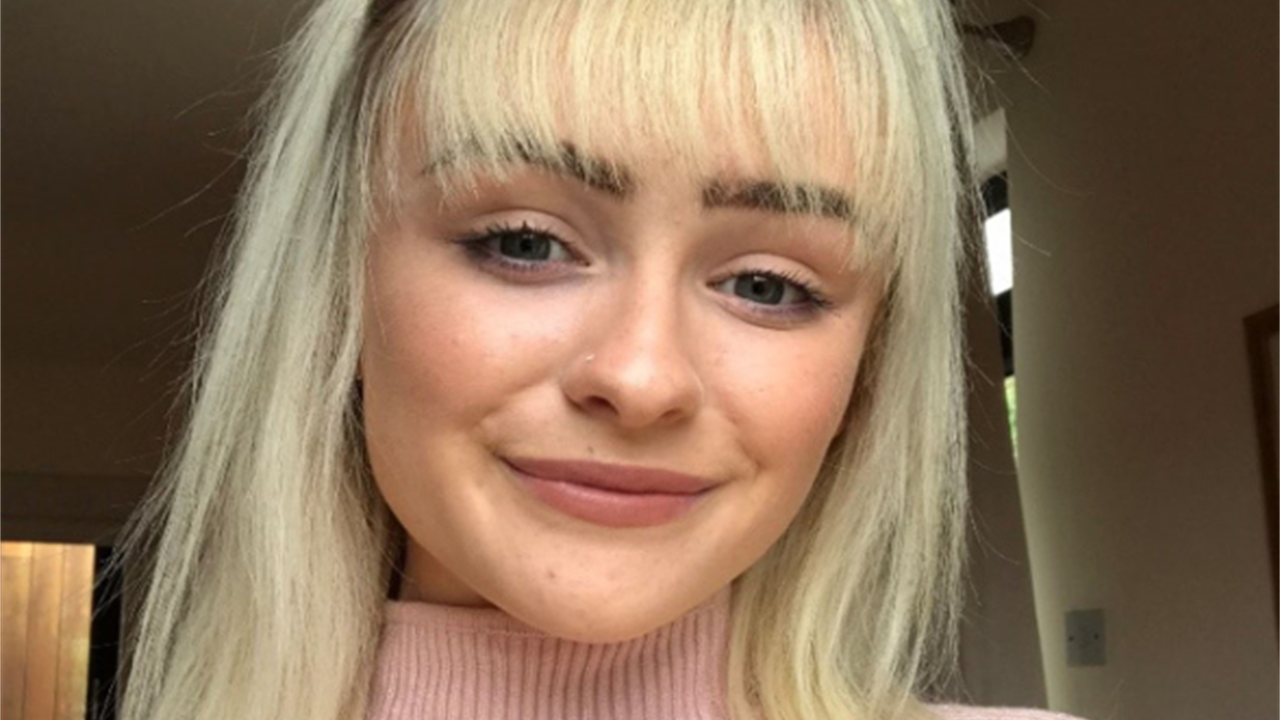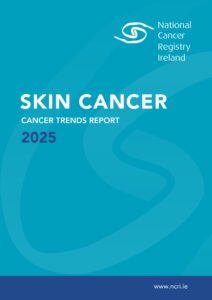Elaine McCallig tells Joy Orpen Kanter that no one should allow a skin problem like eczema to define who they are. Instead, she recommends that they take full control of their health and go out there to fulfill their ‘magnificent’ potential
Having a chronic skin condition can cause all kinds of emotions, ranging from acute embarrassment to a lack of self-esteem. But with the right frame of mind and good medical supports, anyone can lead a completely fulfilling life, even though they have skin issues.
Someone who knows this only too well is 21-year-old Elaine McCallig from Dungloe in Co Donegal. She has been living with eczema since she was a baby. She got her first rash when she was just six weeks old. “I was taken to a dermatologist who recommended I be taken off dairy products,” says Elaine. “So I was given a non-dairy alternative formula instead; emollient (moisturising) baths were also recommended.”
Throughout her early childhood, Elaine developed rashes on different parts of her body. Sometimes they were quite severe. She remembers one particularly dramatic episode when she was about seven years old.
“My entire face was covered in eczema,” she recalls. “It was swollen, really sore and itchy. Mum used to put socks on my hands to stop me scratching. I just couldn’t understand what was going on, or why this was happening to me.”
Fortunately, Elaine was always treated with dignity by her peers. So much so, that she never felt “different” or bullied because of her condition.
By the age of eight or nine, it appeared she had outgrown the problems altogether. She continued to sail through her teenage years with near-perfect skin. “Strangely, it didn’t return when I was a teenager,” Elaine says. “I didn’t get acne or anything like that.”
But when she was 19, her eczema reappeared. At the time, she was doing a degree in English, media and cultural studies at the Institute of Art, Design and Technology (IADT) in Dun Laoghaire. She had moved from Donegal to Dublin and was well supported in the capital city by her extended family and friends.
However, in her second year at college, she moved into a slightly “damp” shared house, and that’s when the problems reoccurred. “A rash appeared on my wrists; then it spread all over my hands, to my neck, my arms and even eyelids. It looked like I’d been crying my heart out,” she recalls.
Elaine says the eczema was particularly bad on her neck and resulted in unsightly, thickened skin. This made it difficult for her to move her head; sudden movements could result in tears to the skin. She tried to cover up the eczema by using a lot of make-up and wearing scarves. In hindsight, she thinks this wasn’t a good idea. “The make-up probably only highlighted the problems,” she explains, “while the scarves caused me to sweat, making the condition even worse.”
The college doctor prescribed steroid cream and antibiotics, but all to no avail, so she returned to her dermatologist in Donegal and was prescribed cyclosporine, an oral drug, which suppresses the immune system. It is only given in severe cases, and must be closely monitored by health professionals. “It worked really well for the three months I was on it,” says Elaine. “But I had to get my bloods done every two weeks, as the medication can be very heavy on your liver. So I couldn’t drink. When we went out, I’d have non-alcoholic beer, just to fit in. To be honest, I didn’t miss alcohol at all.”
During those few months, Elaine experienced what it feels like to have a good night’s sleep. “When my skin condition is active, I can be up all night scratching. And when that happens, I’m grumpy during the day, I can’t concentrate and my college work suffers. So it even affects the academic side of things,” she says.
Elaine says she missed a good deal of college in her second and third years, and that was adding to her stress levels, which only made her skin condition worse. Displaying great strength of character, she decided to face her problems full-on. She knew there was no point in being at college if she was going to fail, so she would have to take steps to ensure that didn’t happen, and if that meant tackling a significant backlog of studies, no matter how tired, uncomfortable, or dispirited she felt, then so be it. “I threw myself into the work,” she says. “And now I feel I’m on top of it.”
Over the years, Elaine has tried all sorts of creams, lotions and potions, and is now clear about which ones work best for her. She says, having cut out various foods to no real effect, and having had negative results from various allergy tests, she now believes stress and anxiety play a major role in her skin condition.
She finds working out at the gym is really helpful in making her feel good. She has also found support and good information on the Irish Skin Foundation’s website. They have launched a campaign, which includes a website, and a booklet, titled, What You Need To Know About Eczema. The campaign intends to raise awareness about eczema, which affects one-in-five children and one-in-12 adults in Ireland.
When asked what she would say to a 15-year-old boy or girl battling with a chronic condition like hers, Elaine says, “Do not allow your skin to define you. I used to think of myself as some kind of flaky, red monster. Instead of standing in front of the mirror and focusing on all the things you dislike, pick something you do like, and focus on that – like your shiny hair, or the way your eyes catch the light.
She continues, “I thought no one would ever love me romantically because of the skin I detested so much. This is not the case, as there are plenty of people out there who see you – not just your skin. And if someone is rude about your condition, then you don’t want to be around them anyway, right? Don’t allow your skin, or anything else for that matter, to lead you to believe you’re anything less than magnificent. You’re not a slave to your skin. You’re stronger, because you’ve had to adapt to stuff that isn’t pleasant.
Elaine adds, “Just because you have eczema doesn’t mean you should hold back from chasing your wildest dreams. Wear that top you love, even though it showcases your red elbows. Leave the house make-up-free. Don’t hide your hands in your sleeves when handing money to a cashier, for fear they’ll see your eczema. Go for that dream job. Do what you want, because even though you suffer from eczema; it doesn’t define you.
“And if anyone tries to tell you any different? Tell them where to go!” this feisty young woman says with a laugh.
For more information about atopic dermatitis and eczema, visit our main eczema page here. If you need help or guidance about managing your eczema, contact the ISF Helpline here.












